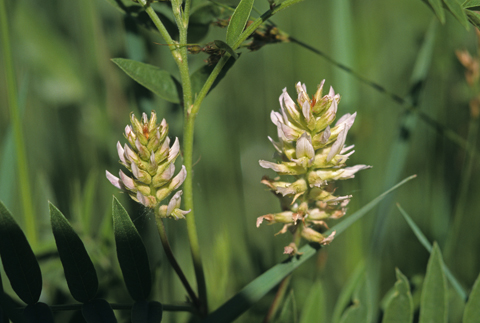Naturopathic health
Licorice (Liquorice) Root
|
Benefits of Licorice root - Glycyrrhiza glabra Licorice root information Licorice is used by herbal practitioners as an adrenal tonic, anti-inflammatory, soothing expectorant, digestive complaints and mild laxative. Licorice can be used for: Gastric and duodenal ulcers Adrenal exhaustion Withdrawal from steroid drugs (only when supervised by a qualified herbalist in conjunction with GP) Rheumatoid arthritis Inflammation Sore throats Coughs, bronchitis and catarrh For sweetening children’smedicines Contraindications High blood pressure – licorice has been known to cause high blood pressure, sodium and water retention. Cholestatic liver disorders, liver cirrhosis, hepatic disease, hypokalemia, sever kidney insufficiency and pregnancy. Licorice may potentiate the the pharmacologic effects of prednisolone and other corticosteroid drugs. Do not take concomitantly with digoxin, diuretics or laxatives. Avoid if elderly or suffering from cardiac disease. Active compounds Glycyrrhizin, flavonoids, triterpenoid saponins, sterols, starch, coumarins What herbal practitioners say about Licorice Licorice is very commonly used by herbal practitioners. It is sweet, nourishing and harmonising. The triterpenoid saponins have a very similar structure to the human hormones and therefore have an effect on the endocrine system, especially in the treatment of adrenal exhaustion and problems involving the female reproductive system, e.g. polycystic ovary syndrome, where it is often combined with white peony. Licorice nourishes and revitalizes the adrenals. Due to the soothing expectorant properties of licorice, it is often used in the treatment of sore throats, catarrh, bronchial problems and coughs in general. It is widely used in the treatment of gastric conditions, such as ulcers or gastritis, as it soothes the mucous membranes, and also to relieve constipation or colic. Licorice is also anti-inflammatory so can be used in a wide range of situations such as rheumatoid arthritis. Tincture dose Adult dose 2 – 5mls 3 x a day of a 1:3 tincture Naturopaths treat the whole person not just the disease or condition. That's why you cannot use this site for diagnosis or treatment. The information we provide should not be treated as a substitute for medical advice or treatment. We recommend that you visit a qualified naturopath or find a GP who is sympathetic to a naturopathic approach. Click here for our full disclaimer. |
Research homeHerbal remediesAdvice on buying herbal remedies
|
|
|
|
||
|
If your starting to move towards a healthy diet and you want to take a major step forward then a detoxification programme can make a big difference. Click on the link below to find out more. Healthy Recipes Juicing SupplementsBach Flower Herbal Acupuncture Homeopathy DetoxificationMassage Qi Gong Nutrition & Diet Iridology Tissue Salts |








